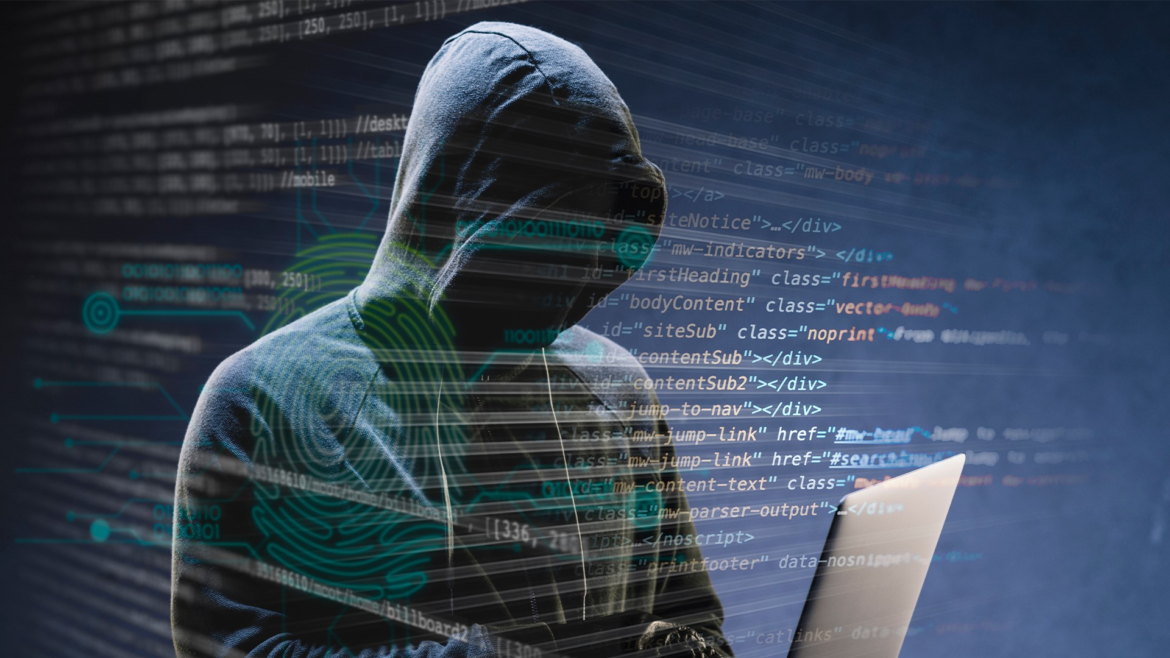More than 60 countries signed this Saturday (25), in Vietnam, a United Nations (UN) treaty against cybercrime, despite opposition from technology companies and human rights organizations that warn of an increase in state surveillance. The adoption of the convention by Brazil was signed by the director general of the Federal Police (PF), Andrei Rodrigues. The new global legal framework aims to reinforce international cooperation in combating digital crimes, ranging from child pornography to transnational cyber fraud and money laundering. The agreement will come into force as soon as it is ratified by the states that signed it this Saturday. UN Secretary-General António Guterres called the signing an “important milestone”, but highlighted that it was “just the beginning”. See the trending videos on g1 See the trending videos on g1 “Every day, sophisticated scams destroy families, steal from migrants and drain billions of dollars from our economy… We need a strong and connected global response,” he said at the opening ceremony held in Hanoi, the Vietnamese capital. “By allowing the exchange of electronic evidence, the convention will constitute an important instrument of international cooperation to strengthen the fight against crimes and the protection of victims”, the PF also informed, in a note. The United Nations Convention against Cybercrime was first proposed by Russian diplomats in 2017 and approved by consensus last year after long negotiations. Critics claim that the broad wording of the text could open space for abuses of power and allow transnational repression of government opponents. “Throughout the negotiation of the treaty, a number of concerns have arisen about how it will ultimately force companies to share data,” said Sabhanaz Rashid Diya, founder of think tank Tech Global Institute. “It’s almost like endorsing a very problematic practice that has been used against journalists and in authoritarian countries,” she told AFP. ‘Weak’ safeguards Vietnam’s government said this week that 60 countries had signed up for official signature, without revealing which ones. But the list is likely not limited to Russia, China and their allies. “Cybercrime is a real problem around the world,” Diya said. “I think everyone is dealing with it.” The online scam industry, for example, has boomed in recent years in Southeast Asia, with thousands of criminals involved and victims around the world losing billions. “Even the most democratic States need a certain degree of access to data that they cannot obtain with current mechanisms,” added the expert. Democratic countries could describe the UN convention as a “commitment document” as it includes some provisions on human rights, he added. However, these safeguards were classified as “weak” in a letter signed by more than a dozen human rights groups and other organizations. Technology sector Big technology companies have also expressed concern. The Cybersecurity Technology Agreement delegation in the treaty negotiations – which represents more than 160 companies, including Meta, Dell and India’s Infosys, did not attend Hanoi, said the group’s head, Nick Ashton-Hart. Among other objections, these companies previously warned that the convention could criminalize cybersecurity researchers and “allow states to cooperate in virtually any criminal act they choose.” The authorities’ possible excess of power poses “serious risks to the corporate IT systems on which billions of people depend every day”, they stated during the negotiation process. On the other hand, an existing international agreement, the Budapest Convention on Cybercrime, includes guidelines for its use in a “rights-respectful” way, according to Ashton-Hart. The location chosen for the signing also generated distrust, due to the history of repression of dissent in Vietnam. “Vietnamese authorities routinely use laws to censor and silence any online expression of opinions critical of the country’s political leaders,” said Deborah Brown of Human Rights Watch. Cybersecurity continues to be a growing concern, and understanding emerging threats is essential to ensuring systems are protected. Freepik
Source link
More than 60 countries, including Brazil, sign UN treaty against cybercrime criticized by NGOs
7
previous post

